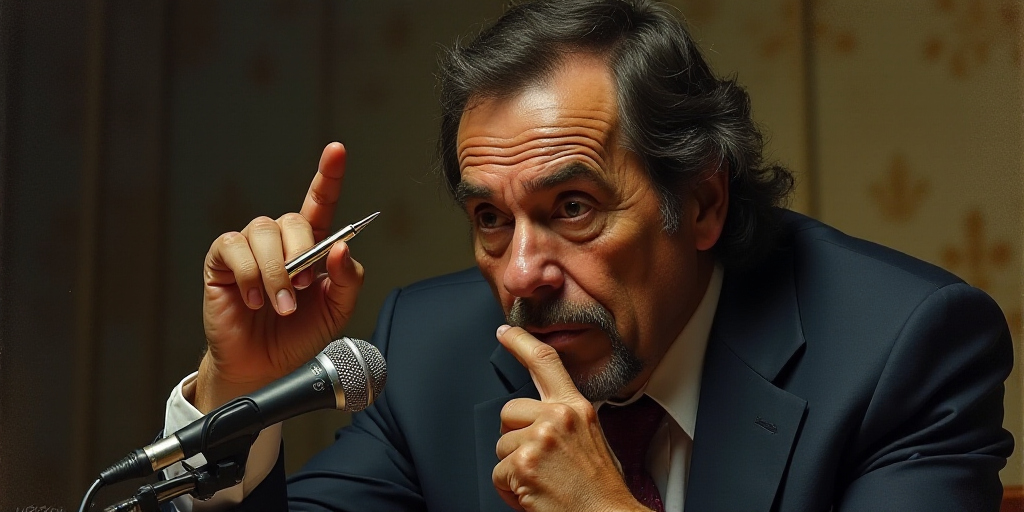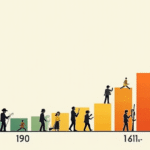Background on President Gustavo Petro and the ‘Decretazo’
Gustavo Petro, Colombia’s current president, has been in the spotlight due to his recent actions and decisions. One such instance is the ‘decretazo’ (a controversial decree) he issued to convene a popular consultation. This situation has sparked debates regarding the balance of power between the executive branch and the judiciary.
Court’s Decision on Provisional Suspension
The Consejo de Estado (Council of State), Colombia’s highest administrative court, notified President Petro along with the Registraduría (National Registry Office), the Consejo Nacional Electoral (National Electoral Council), and the Corte Constitucional (Constitutional Court) about the provisional suspension of the ‘decretazo’. The decree aimed to initiate a popular consultation process.
President Petro’s Response
In response to the court’s decision, President Petro stated that he would comply with it but expressed feeling disrespected. He announced his intention to file legal resources against the ruling, citing violations of his constitutional rights as well as those of the people.
Petro’s Arguments Against the Decision
On his X (formerly Twitter) account, Petro explained:
“I comply with that decision, but I do not agree with it, given that repeatedly the president’s constitutional power is taken away, and the people’s conventional rights as voters are violated; now, temporarily, as the greatest legitimate power of the Nation in section five.”
He further elaborated:
“I had previously requested that the Constitutional Court be the natural judge to examine the constitutionality of Decree 0639, through which the presidential call for a popular consultation was issued. I asked for a resolution in plenary session, as it concerns the call to the sovereign people and to establish jurisprudence.”
“They decided to halt the process with a precautionary measure without discussing my arguments. I believe this violates my constitutional rights stemming from the majority popular vote.”
Impact on the People’s Voice
Petro argued that the senator Efraín Cepeda’s demand held more weight than his own arguments, leading to the suspension of a presidential decree that sought to amplify the people’s voice.
“The Constitution states that substance prevails over form. The senator’s demand, despite being within his rights, has taken precedence over the substance of the president’s arguments. This suspension essentially silences the supreme voice of the Nation – the people.”
Key Questions and Answers
- What is the ‘decretazo’ that President Petro issued? It was Decree 0639, which aimed to initiate a popular consultation process.
- Why did the Consejo de Estado suspend the decree? The court provisionally suspended the decree following a legal challenge by Senator Efraín Cepeda.
- How did President Petro respond to the court’s decision? Petro stated he would comply with the ruling but felt disrespected and plans to challenge it through legal resources.
- What are Petro’s main arguments against the court’s decision? He claims that his constitutional rights and those of the people as voters have been violated, emphasizing that substance should prevail over form.






